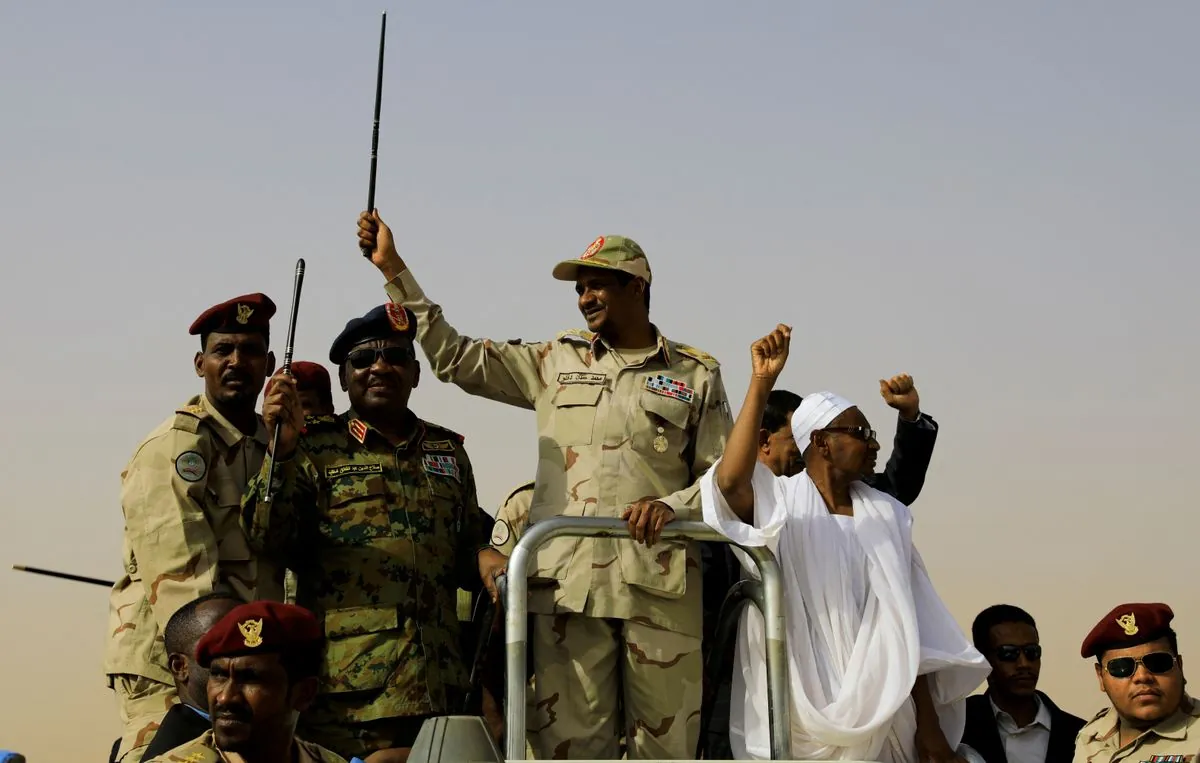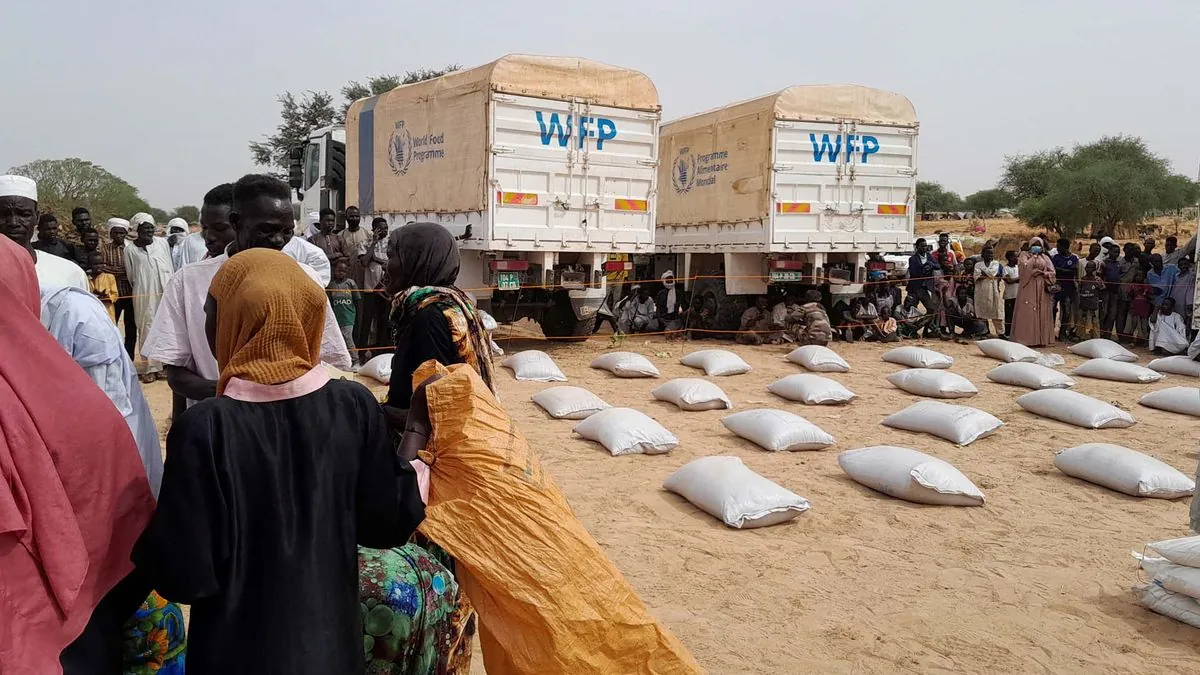UN Mulls Sanctions on Sudan Paramilitary Leaders Amid Ongoing Conflict
UN Security Council considers sanctioning two Rapid Support Forces generals for threatening Sudan's stability. The move comes amidst a devastating conflict that has displaced millions and sparked a humanitarian crisis.

The United Nations Security Council is contemplating sanctions against two high-ranking officials of Sudan's Rapid Support Forces (RSF) for their alleged role in destabilizing the country through violence and human rights violations. This potential action marks a significant development in the international response to the ongoing conflict in Sudan, which began in April 2023.
Osman Mohamed Hamid Mohamed, the RSF's head of operations, and Abdel Rahman Juma Barkalla, the RSF West Darfur Commander, are the subjects of a proposal by the United States for international travel bans and asset freezes. The 15-member UN Sudan sanctions committee, operating on consensus, has until August 30, 2024, to raise objections or approve the sanctions.
The conflict, which erupted from a power struggle between the Sudanese Armed Forces (SAF) and the RSF, has had devastating consequences for the nation of approximately 50 million people. Nearly half of Sudan's population now requires humanitarian assistance, with famine looming and millions displaced from their homes.

The RSF, which evolved from the Janjaweed militias involved in the Darfur conflict of the early 2000s, has been accused of committing war crimes, crimes against humanity, and ethnic cleansing. The paramilitary group denies these allegations, attributing any civilian harm to rogue elements.
"The warring parties have committed war crimes, and the RSF and allied militias have also committed crimes against humanity and ethnic cleansing."
This current crisis is not Sudan's first experience with conflict. Since gaining independence from Anglo-Egyptian rule in 1956, the country has faced multiple civil wars and periods of instability. The Darfur conflict, which began in 2003, led to the establishment of the UN's targeted Sudan sanctions regime in 2005 and an arms embargo on the region in 2004.
The proposed sanctions, if implemented, would be the first UN measures imposed in response to the current war. They reflect the international community's growing concern over the situation in Sudan, where the convergence of the Blue and White Nile rivers in the capital, Khartoum, contrasts sharply with the diverging paths of peace and conflict.
As the Security Council deliberates, the people of Sudan continue to bear the brunt of the conflict. With over 2.2 million individuals seeking refuge in other countries, the crisis extends beyond Sudan's borders, affecting the stability of the entire region.
The international community's response to this conflict will be crucial in determining the future of Sudan, once Africa's largest country before South Sudan's independence in 2011. As the situation unfolds, the world watches to see if these potential sanctions can help pave the way for a return to the planned transition to civilian rule and bring an end to the suffering of millions of Sudanese citizens.


































